Social capital is as an empirically elusive concept and has been subject to much discussion and debate with particular reference to its definition, functions, social regeneration, economic benefits, positive and negative aspects, indicators of measurement, gender insensitivity and its implications for development policy. Social capital is characterized by trust, reciprocity and cooperation which are non-material forms of capital, invisible to the eye but having visible effects. Of late, there has been much policy and academic interest in the capacity of social capital to generate micro-level effects such as efficient economics, democratic politics, active communities and broad-based growth. Debates about social capital as a multi-disciplinary and cross-disciplinary concept offer ground for sustained interaction and future theoretical development within the areas of social sciences, creating research ties and opening up networking opportunities between disciplines. The contribution of social capital to economic development can be assessed by considering the role of social cohesion that results from networks of trust and reciprocity in meeting the objective like poverty alleviation. Social capital positively impacts output by providing human capital and access to other resources including credit. Treating knowledge and health as capabilities, some researchers have found vital links between social capital and Amertya Sen’s capability theory. The book will prove immensely useful to the students and teachers of social sciences, researchers in this field, policymakers, social workers and organisations concerned with social welfare. It will be equally interesting and informative for the general readers.
Social Capital (Volume I and II)
$60.30
$67.00
In stock
Free & Quick Delivery Worldwide
All orders amounting to US$ 50 or more qualify for Free Delivery Worldwide. For orders less than US$ 50, we offer Standard Delivery at $14 per book.
ABOUT THE AUTHOR K R Gupta
Dr. K.R. Gupta is a well-known expert in the field of International Affairs. He has published over two dozen books and more than hundred papers in leading journals published in India and abroad. His latest publications include India-Pakistan Relations with special Reference to Kashmir, 3 Vols., Rural Development in India, 3 Vols., International Terrorism: World Viewpoints: Conventions, Resolutions, Legislations, Terrorist Organisations and Terrorists, 2 Vol., International Terrorism: Response of India, Pakistan and the United States, World Viewpoints on National Missile Defence, 2 Vols., Selected Documents on Nuclear Disarmament, 4 Vols., Comprehensive Nuclear-Test-Ban Treaty (CTBT), Issues in Indian Economy, 4 Vols., Liberalisation and Globalisation of Indian Economy, 5 Vols., A Study of World Trade Organisation, GATT Accord and India: A Critical Analysis of Results of the Uruguay Round of Multilateral Trade Negotiations and Their Implications for India, GATT Accord: Results of the Uruguay Round of Multilateral Trade Negotiations, GATT and Underdeveloped Countries: A Study of the General Agreement on Tariffs and Trade and International Economics.
ABOUT THE AUTHOR Prasenjit Maiti
Dr. Prasenjit Maiti (b 1971) is a political sociologist. He joined the development sector after teaching and researching at the Postgraduate and MPhil levels of the University of Burdwan during 1995-2002. He was on secondment at the Institute of Federalism, University of Fribourg, Switzerland (1999). He was the Director of North Africa, Middle East and the Indian Subcontinent on the inaugural Technical Committee of Fed-Net (2004) hosted by the Forum of Federations: An International Network on Federalism (Ottawa, Ontario, Canada). Dr Maiti was professionally associated with Action Aid, West Bengal Pollution Control Board, Consumer Unity and Trust Society, The Energy and Resources Institute, Council for Development Studies and Shelter Promotion Council in the recent past. He coordinated publication of the Urban Development Debates series (Volumes I-IV) brought out by Atlantic Publishers and Distributors, New Delhi (2004-05). Dr. Maiti served as Reviewer (2001) for policing: An International Journal of Police Strategies and Management (College of Education, Division of Criminal Justice, University of Cincinnati). He is also Referee for Environment and Development Economics (University of York, Heslington, York) published by the Cambridge University Press and Crime Prevention and Community Safety (Perpetuity Press, Leicester) as well as Reviewer for Globalization and Health published from London. His mainden publication on the problems of governance in the Indian context (2002) is based on his doctoral thesis developed from a German Research Council project under the auspices of the Department of Political Science at the South Asia Institute, University of Heidelberg. Dr. Maiti was invited to the International Conference on Federalism 2002 organized by the Swiss Government at the University of St Gallen (2002).
reviews
0 in total
Review by Anonymous
Be the first to review “Social Capital (Volume I and II)” Cancel reply
You must be logged in to post a review.
Bibliographic information
Title
Social Capital (Volume I and II)
Author
Edition
1st ed.
Publisher
ISBN
8126909575
Length
xvi+516p., Tables; Figures
Subjects
more by K R Gupta see more
more by Prasenjit Maiti see more
Global and Local Polemics of Development (In 2 Volumes)
V. 1. Disquieting divides : ...
$81.90
$91.00

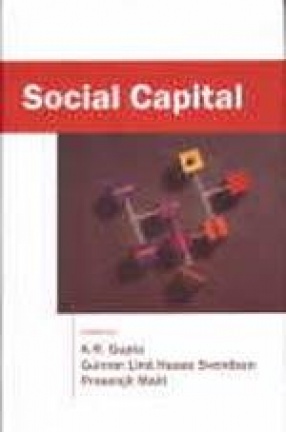
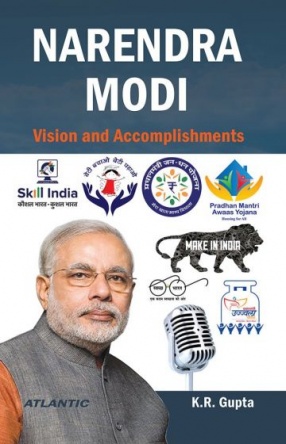
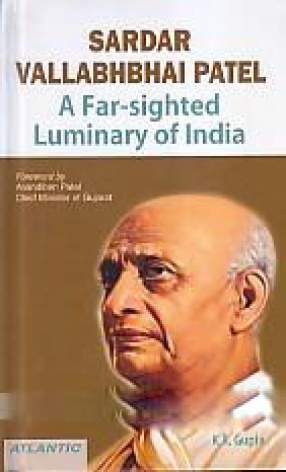
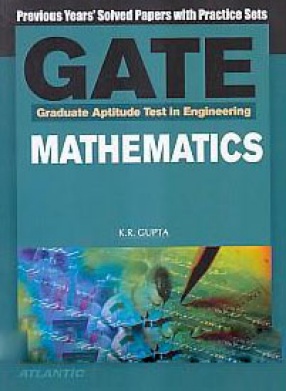
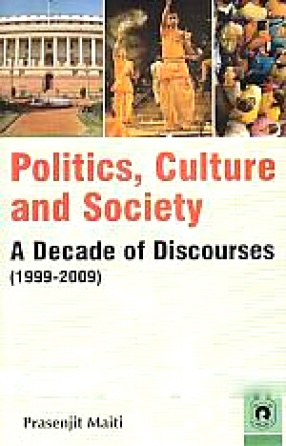
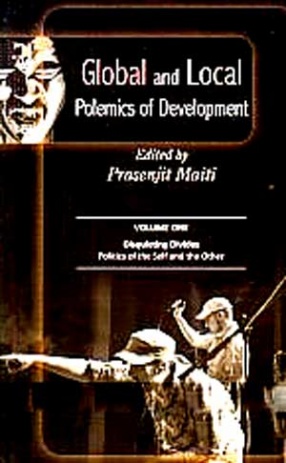
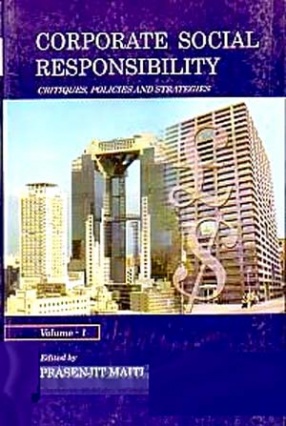

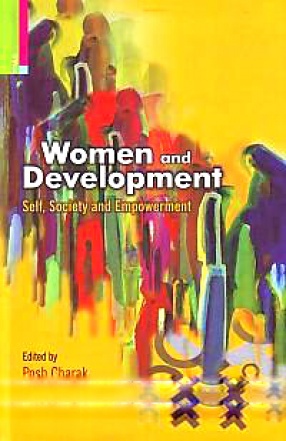
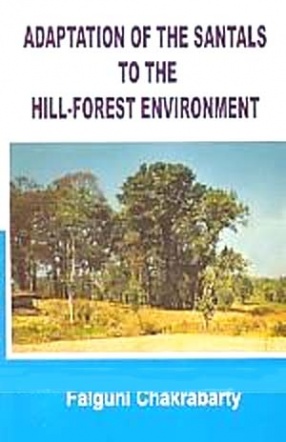
There are no reviews yet.